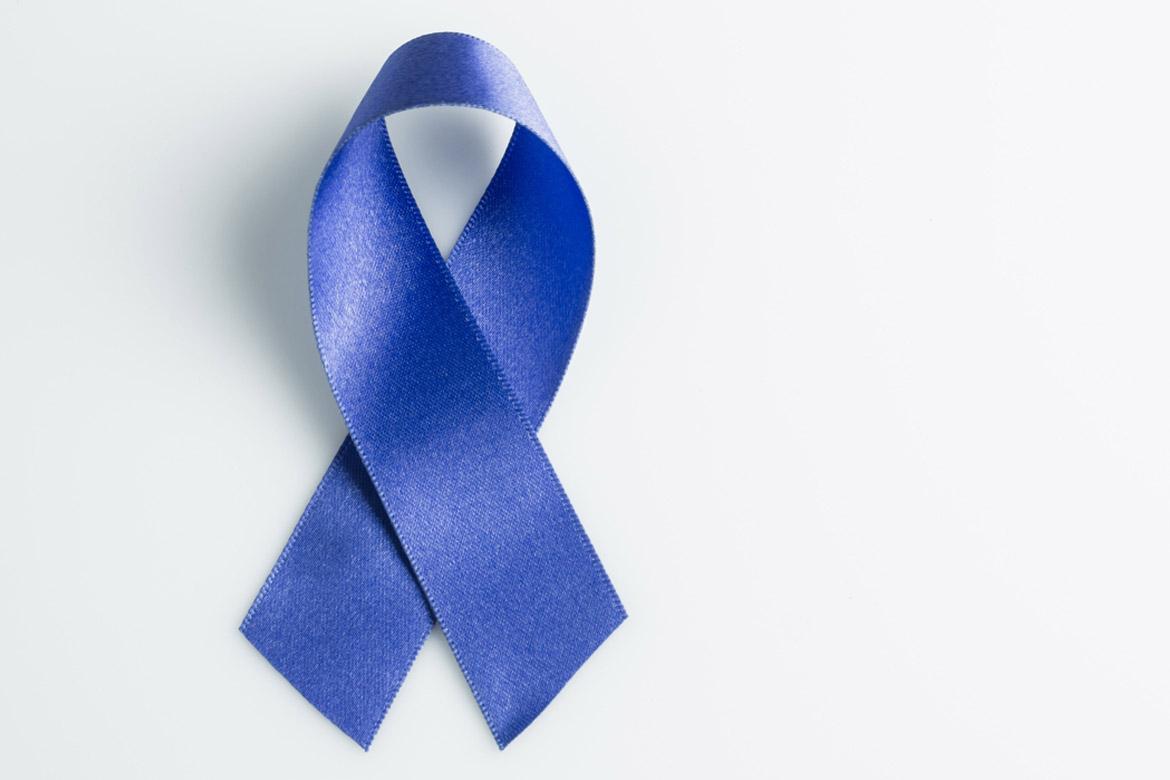-
-
Featured Care Areas

Throat Cancer
What is throat cancer?
Throat cancer begins in the throat or voice box. This happens due to mutations (changes) in genes of cells in the throat, and is relatively uncommon compared with other cancers.
Types of throat cancer
The 2 main locations of throat cancers are:
Pharyngeal cancer
This develops in the throat (pharynx), the hollow tube that runs from behind the nose to the top of the windpipe. It includes:
- Nasopharyngeal cancer in the part of the throat just behind the nose
- Oropharyngeal cancer in the part of the throat right behind the mouth, including tonsils
- Hypopharyngeal/laryngopharyngeal cancer in the lower part of the throat, just above the oesophagus and around the voice box (larynx)
Laryngeal cancer
This forms in the voice box (larynx) and includes:
- Glottic cancer in the vocal cords
- Supraglottic cancer in the upper portion of the voice box and includes cancer that affects the epiglottis (a piece of cartilage that is like a cover for the voice box)
- Subglottic cancer in the lower portion of the voice box, below the vocal cords
What are the symptoms of throat cancer?
Symptoms of throat cancer vary according to the location of the tumour. The most common ones are:
- Sore throat
- Voice changes
- Trouble swallowing
- Lump-in-throat sensation
- Weight loss
Other signs include:
Difficulty breathing
Difficulty opening mouth
Difficulty moving tongue
Food or pills stuck in the throat
Cough (with blood)
Earache
Headache
Nosebleeds
Consult a doctor if you experience these persistent signs and symptoms. Many throat cancer symptoms are not specific to cancer, so your doctor will likely investigate other more common causes first.
What causes throat cancer?
There are several risk factors, such as tobacco or alcohol use, that may increase the chance of developing throat cancer.
What are the risk factors for throat cancer?
These include:
- Smoking. This is the biggest risk factor for throat cancer.
- Drinking. People who drink and smoke are at an even higher risk.
- Age. This is a risk factor for people aged 55 and above. Most people get diagnosed after 65.
- Gender. Men are about 5 times more likely to develop throat cancer.
- Chemical exposure. This includes sulphuric acid mist, wood dust, nickel, asbestos or manufacturing mustard gas.
- Family history. People with a family member previously diagnosed with throat cancer have an increased risk of developing the condition.
- Personal history. 1 in 4 people who have had throat cancer will get it again at some point in their lives.
- Having human papillomavirus, which is linked to cancers in the back of the throat, including tongue and tonsil cancers.
- Having gastro-oesophageal reflux disease (GERD), a chronic condition that makes stomach acid flow up into the oesophagus.
What are the complications of throat cancer?
Complications of throat cancer may include:
- Airway obstruction
- Difficulty swallowing
- Disfigurement of the neck or face
- Hardening of the skin of the neck
- Loss of voice and speaking ability
- Spread of the cancer to other body areas (metastasis)
How do you prevent throat cancer?
There is no proven way to prevent throat cancer. However, there are certain preventive measures to reduce the risk:
- Limit the use of tobacco products and smoking
- Eat a healthy diet low in saturated fat and rich in fruits and vegetables
- Go for regular dental check-ups as well as health and cancer screening
This coverage checker is brought to you by Health Insured, an online resource that helps you understand your health coverage in Singapore.
This page has been reviewed by our medical content reviewers.
Need help?
For enquiries, please call
+65 6377 3737
For appointment bookings, please WhatsApp
+65 8111 3777








